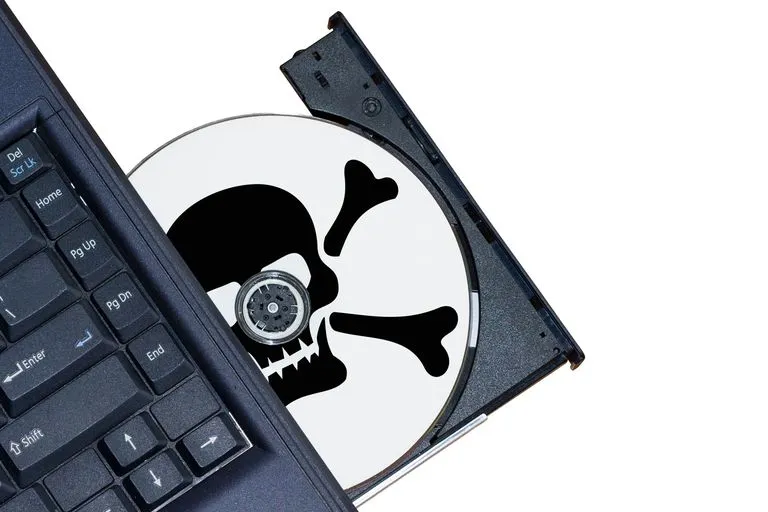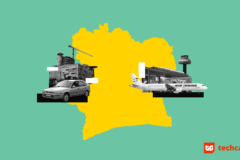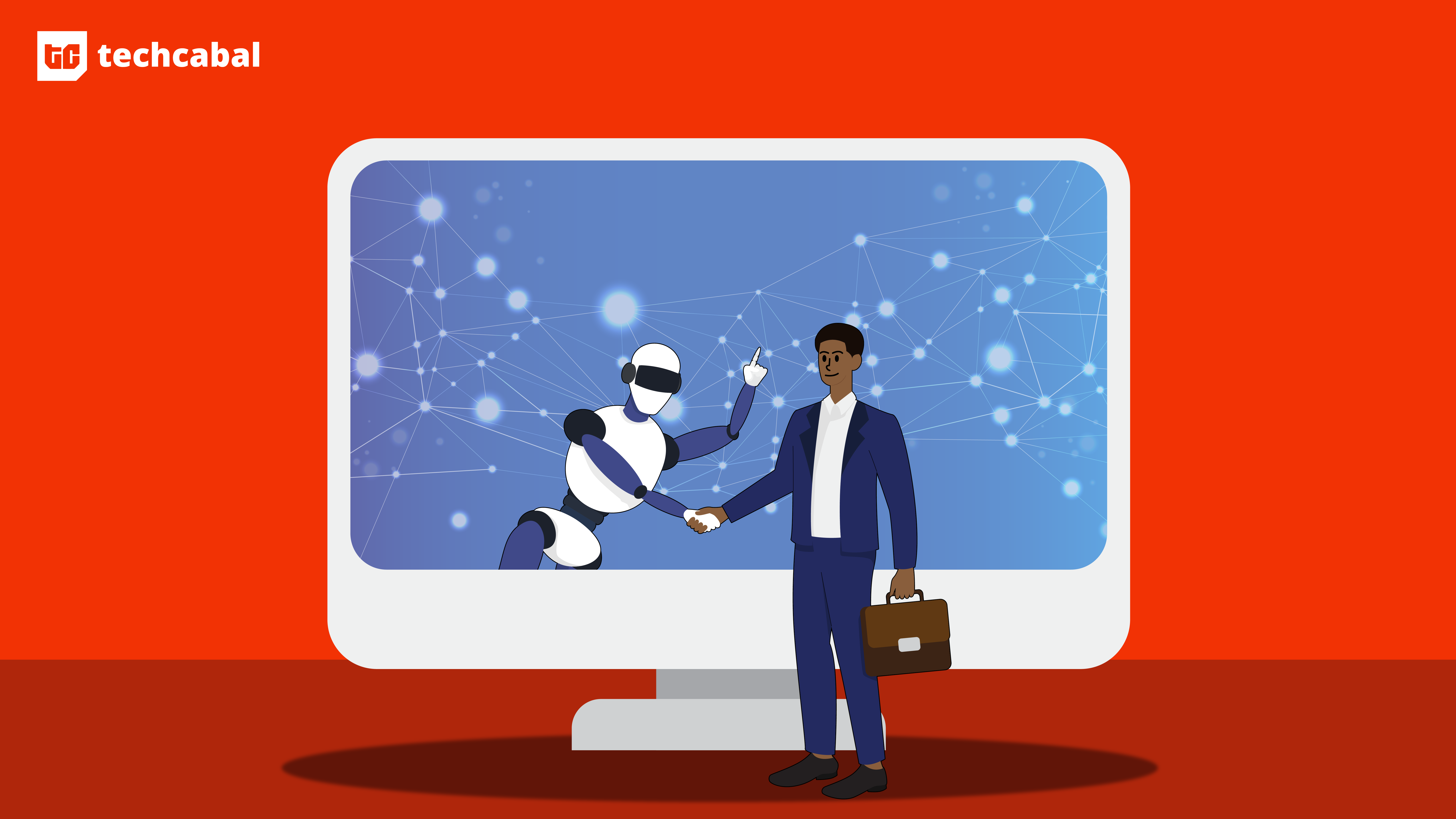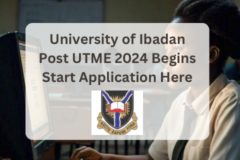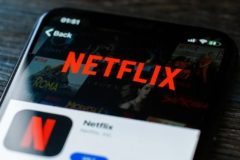This guest contribution was sent in by Faith Omoniyi.
The IT industry in Nigeria is aided by the use of application software which include word processors, web browsers, graphics, database, spreadsheet, presentation, enterprise, and content access software. These application software aid productivity and effectiveness in the tech space. Sadly, most persons in the Nigerian IT space mostly run their operations on pirated software.
Software piracy has economic implications ranging from a slowdown in economic development to decline in businesses.
A report by MUSO suggested that the rate of software piracy hit a 13.1% increase worldwide in 2021 when compared with the previous year. Web downloading was the most popular delivery method, accounting for 73.5% of traffic, with public torrents accounting for 24.5%.
Freelancers are the main perpetrators of this unethical and illegal act. Many of them see pirated software as a means to an end—a tool to deliver the next meal to their table. They care less about the intricacies of a software’s legal use. The idea of purchasing licensed software is irrational to them. A Microsoft Office Suite package subscription costs $33 (~₦23,000), which is more than the national minimum wage in Nigeria.
Another factor contributing to the peddling of pirated software in Nigeria is users’ obliviousness to copyright laws that guide the use of these software. These copyright laws consist of rules, copyrights, trademarks, and patents that guide the acquisition of permission for use of a software. Some software may require specific payments or royalties before they can be used.
Unfortunately, this is not taken seriously in the Nigerian market. Computer Village, an ICT accessory market in Lagos Nigeria, is a den where groups of clannish merchants congregate to sell pirated software. Some of these pirated software come with viruses and other malware, which can harm the end user’s devices and compromise their private data and information.
In more advanced societies, the use of pirated software is a crime. However, the Nigerian Copyright Act of 2004 is clearly outdated and provides no protection and security for intellectual property owners in this current information age.
The copyright act only vaguely addresses digital-related and intellectual property copyrights law. There is no punishment for pirating software.
Nigeria needs more strengthened laws to address digital copyrights.
With software piracy prevalent in the country, it is only right to proffer a solution that could curb it: online application software.
Online application software only require access to the internet for use and are sometimes free.
Some of these alternative application software are:
Word processing
Google Docs Editors suite
Google Docs Editors is a web-based productivity office suite offered by Google within its Google Drive service. The suite includes Google Docs, Google Sheets, Google Slides, Google Drawings, Google Forms, Google Sites, and Google Keep.
Google Docs Editors offers the functionalities of the traditional Microsoft Office Suite. It runs over the internet and is free to use. It also requires no licensing. One benefit of using Google Docs over Microsoft Office is its security feature: only people you have given access can see your documents.
Also, the collaboration feature allows for multiple users to edit and collaborate on a document in real time. Google Docs can be accessed at any time from any device that has a web browser. The auto-save feature is a standout feature for Google Docs; all files are automatically stored on Google Drive. Users can access their files regardless of the device from which they log in.
Photo Manipulation
Figma
Figma is a web-based vector graphics editor and prototyping tool for designers. It enables collaboration amongst designers and is available on the Windows, Linux, macOS, and Chrome OS. It is perhaps an even better tool than Photoshop and CorelDRAW.
Operating Software
Ubuntu, Fedora, and Linux
In comparison to traditional Windows operating systems, Linux, Fedora, and Ubuntu are less vulnerable and more secure.
Furthermore, these operating system alternatives are open-source software, which means that end users can freely copy, modify, and redistribute them.
The cost of purchasing licensed software in Nigeria can be steep. However, a “group purchase” can ease the financial burden. A few people can come together to contribute towards the purchase of a licensed software product. That way, the cost is shared amongst its members.







